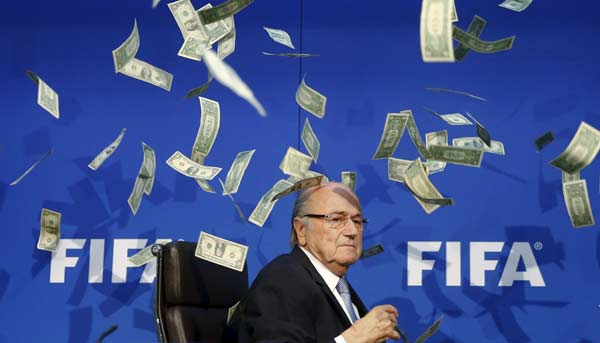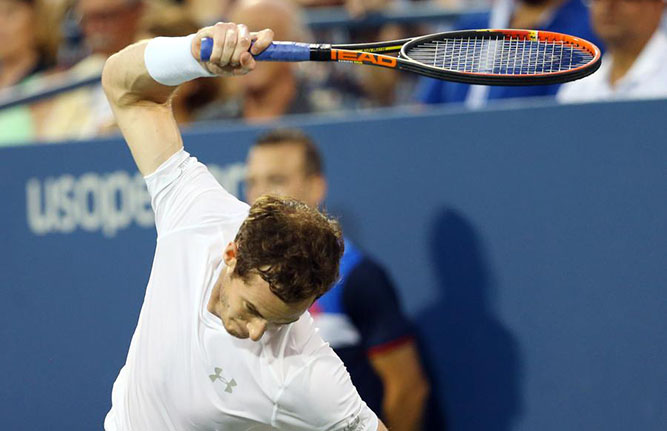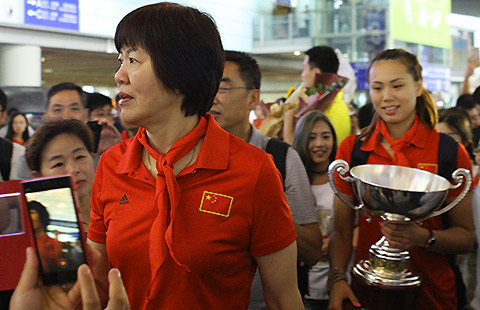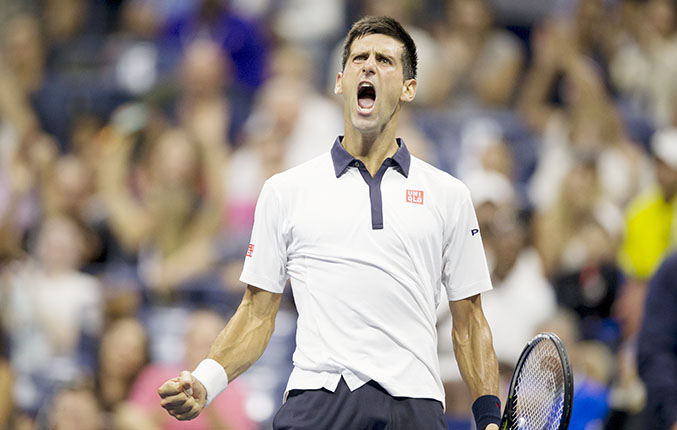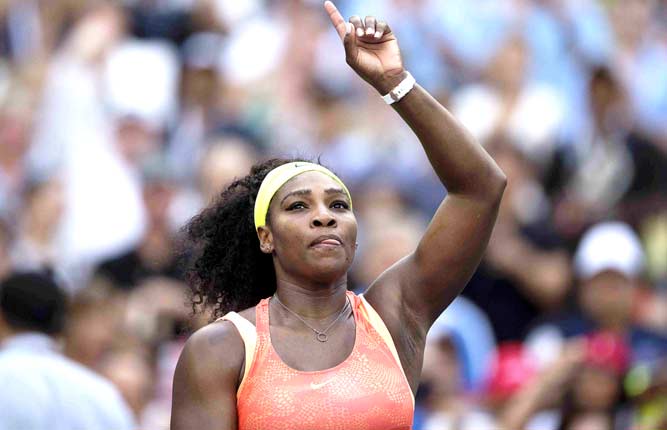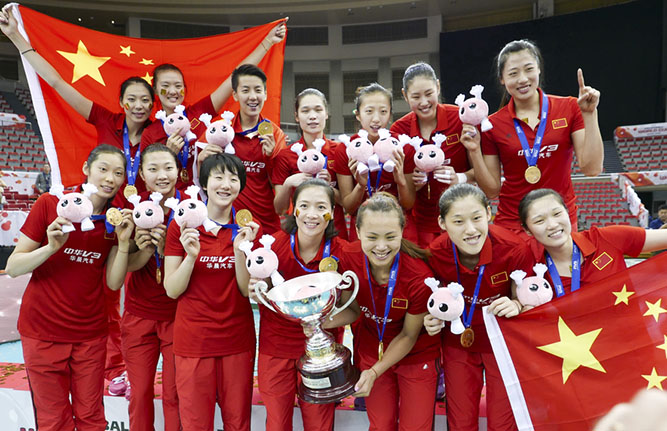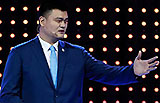Putin, Blatter voice mutual support at World Cup draw
(Xinhua) Updated: 2015-07-26 10:10
In the beginning of the draw ceremony, in which both the Russian cultural tradition and the modern art is performed by some high-standard show, Putin and Blatter came to the center of the stage together and made short speeches to let the world expect a wonderful World Cup that first ever held in the largest country of the planet.
"Football is one of the most popular sports in Russia and all over the world," Putin said. "Our country has long and strong traditions of football. I am sure that we will be growing new talents. Russia's organization of the 2018 FIFA World Cup will help to further popularize the sport of football in Russia."
"We will do everything to provide security at the championship," the Russian president said. "I would like to reiterate that all obligations undertaken by Russia will be implemented."
"It is a good chance to visit a multi-faceted and open Russia that can surprise and inspire," Putin said. Putin also said Russia will do everything to make sure that the sportsmen and supporters who come will feel at home and that those who watch the television will feel that they are participating in a grandiose international sporting festival.
Blatter said: "This is an important day in the long and winding road to the 2018 FIFA World Cup. The tournament is very much on track and Russia will be fantastic hosts. But first a much longer competition must take place, lasting no less than 33 months, with over 850 matches taking place. And when all's said and done, we will know the teams that will compete in Russia."
The most exciting part of the draw is the European zone, as the Netherlands and France will clash in Group A, which also features Sweden, Bulgaria, Belarus and Luxembourg; while Spain and Italy will fight for a direct ticket in Group G, where Albania, Israel, Macedonia and Liechtenstein are the other sides.
As only the top-placed team of the 9 groups of Europe can qualify directly, two giants in the same group means that either of them has to experience the play-offs among the eight best runners-up.
World champions Germany and Portugal seemed to have some good luck to be drawn into two relatively easy groups. Germany are grouped with the Czech Republic, Northern Ireland, Norway, Azerbaijan and San Marino; while Portugal has Switzerland, Hungary, Faroe Islands, Latvia and Andorra as contenders.
Asia succesfully avoids South America in the intercontinental playoffs, the 5th-ranking Asian side will meet the 4th-ranking team of the North, Central American and the Carribean zone; while the winner of the Oceanian zone has to challenge the 5th-placed side of the South American zone.
A total of 141 of FIFA's 209 member federations were involved in the draw, including top-ranked Argentina, joint No. 207-ranked Djibouti and Cook Islands. A total of 31 teams will survive the qualifiers to join the finals in 2018 with hosts Russia given an automatic qualification.
Russia selected 11 host cities to be the venues for the 2018 World Cup and they are Moscow, St. Petersburg, Sochi, Kazan, Saransk, Kaliningrad, Volgograd, Rostov-on-Don, Nizhny Novgorod, Yekaterinburg and Samara.
The matches of the 2018 World Cup will be held between June 14 and July 15 at 12 stadiums located in the 11 mentioned above cities across Russia. The curtain raiser and the final game will both be played in the Luzhniki Stadium of the capital city Moscow.
